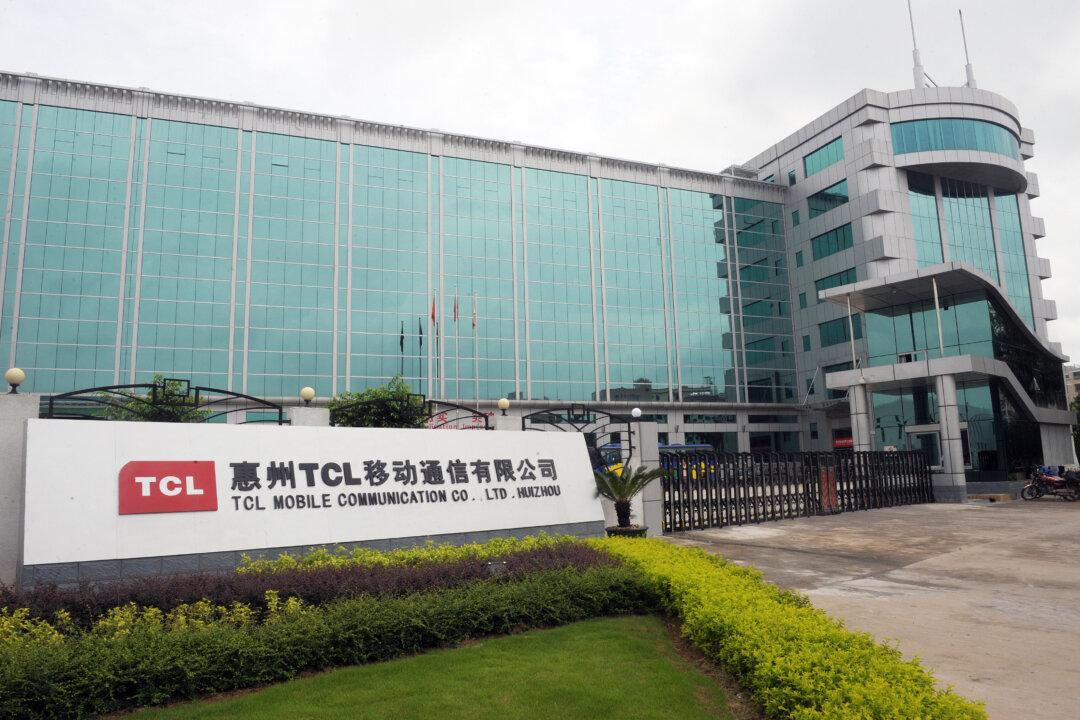The U.S. Department of Homeland Security (DHS) Acting Secretary Chad F. Wolf revealed that backdoors had been installed in all the TV sets made by Chinese manufacturer TCL, and that the department was reviewing the company’s activities. Wolf added that the DHS would soon issue a related business advisory to warn against using data services and equipment from firms that are linked to the Chinese regime.
During a speech given at the Washington-based think tank Heritage Foundation on Dec. 21, Wolf made the shocking revelation: “This year it was discovered that TCL incorporated backdoors into all of its TV sets, exposing users to cyber breaches and data exfiltration.”




